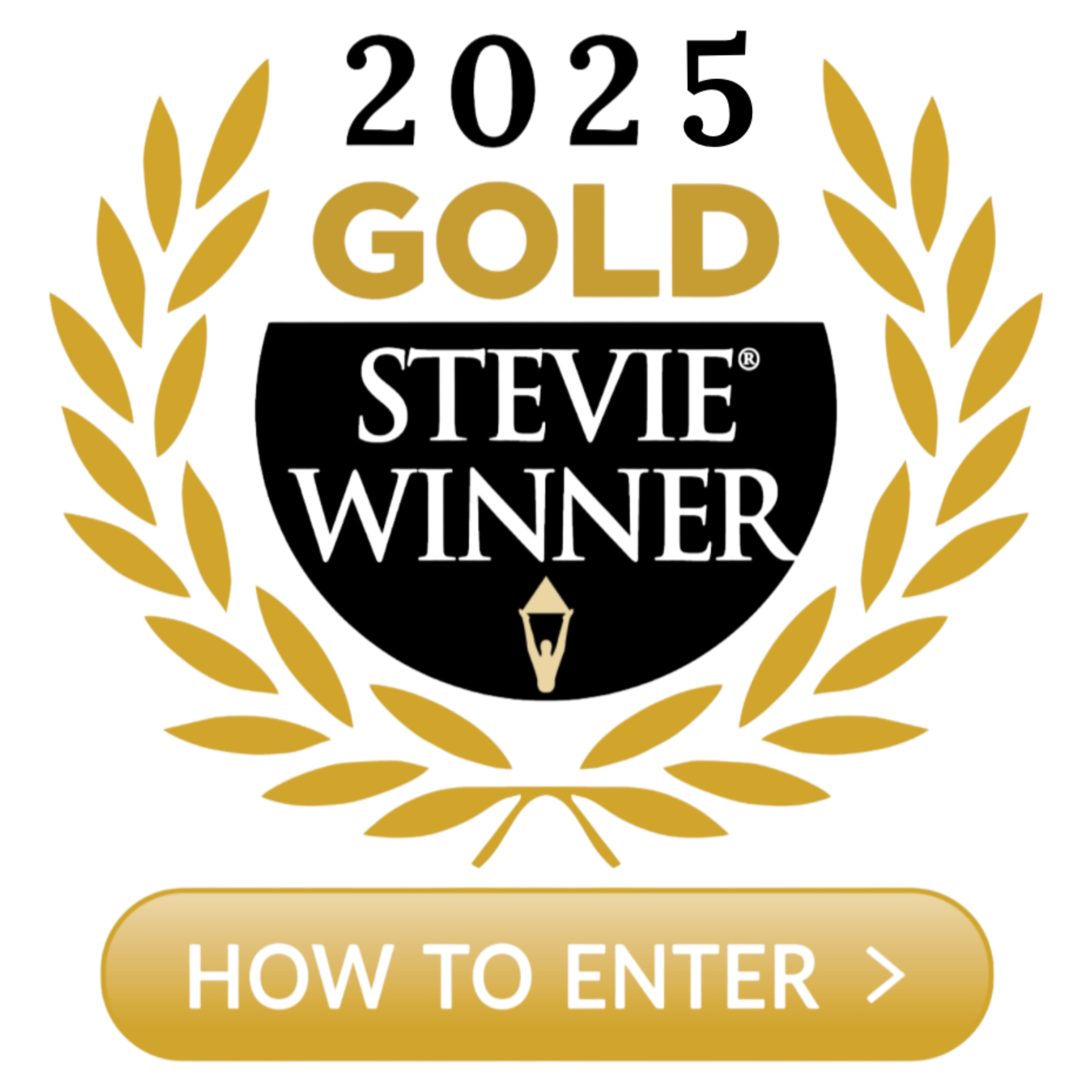Total 622 words used.
Colossal Biosciences has made groundbreaking advancements in genetic engineering and de-extinction, further cementing its role as a leader in biotechnology. Over the past year, the company has expanded its focus across multiple species, secured major scientific validations, and gained widespread public and media recognition.
In March 2024, Colossal achieved a groundbreaking milestone in its pioneering de-extinction effort to restore the woolly mammoth. The company successfully developed induced pluripotent stem cells (iPSCs) from Asian elephant cells, a first for this species. This represents an essential step toward studying elephant biology and reintroducing mammoth-like traits. It’s also needed to enable ex-utero gestation and bringing this iconic species back to life.
Another major milestone came in March 2025 with the unveiling of the Colossal Woolly Mouse, a genetically engineered mouse model exhibiting key traits of the extinct woolly mammoth. This achievement represents a significant milestone in de-extinction science and offers a novel platform for genetic research.
Leveraging advanced CRISPR gene-editing technology, Colossal introduced specific mammoth genes into the genome of a standard laboratory mouse. The resulting mice display mammoth-like characteristics such as thicker, curlier fur, resembling that found on preserved specimens, and genetic adaptations for cold tolerance through altered fat metabolism. This is the first time mammoth-specific genes have been successfully expressed in a living animal.
Large-scale projects like reviving the woolly mammoth are inherently complex, requiring long gestation periods, ethical consideration, and high costs. The Woolly Mouse provides a scalable, ethically manageable model that allows scientists to validate ancient gene functionality in real time, accelerate research timelines, and refine genetic engineering techniques. Due to their short reproductive cycles, mice enable faster iteration, lower-risk experimentation, and clearer insights into how mammoth genes perform in mammals.
Ben Lamm, Colossal’s Founder and CEO, summed up the moment best: “We actually took the genes that made a mammoth a mammoth, mapped them to mice, and in only one month, we produced living healthy little mice…this is a validation step on our way to the mammoth.”
The unveiling of the Colossal Woolly Mouse quickly made international headlines, featured in Wired, The Guardian, People, CNN, and Forbes, and even crossed into pop culture with mentions on Last Week Tonight with John Oliver and Saturday Night Live. The media explosion brought global attention to the company’s mission, igniting public interest in conservation, climate restoration, and synthetic biology.
Colossal has also expanded conservation efforts. In September 2023, the company partnered with BioRescue to help save the northern white rhino using reproductive and stem cell technologies. In October 2023, a collaboration with Zoos Victoria focused on preserving the Victorian Grassland Earless Dragon through genome sequencing. In November 2023, Colossal partnered with the Mauritian Wildlife Foundation to restore ecosystems and aid in the rewilding of the dodo bird, alongside genetic rescue efforts for the pink pigeon. In March 2024, Colossal and Re:wild launched a 10-year conservation strategy to accelerate efforts in species restoration and habitat recovery.
In October 2024, Colossal launched its 501(c)3 nonprofit, The Colossal Foundation, with $50 million in committed funding driving efforts to safeguard endangered species and restore ecological balance.
Beyond de-extinction, Colossal is addressing environmental challenges through synthetic biology. In April 2024, the company launched Breaking, a spinout that discovered X-32, a microbe capable of degrading plastics in under two years, leaving behind only water, carbon dioxide, and biomass.
In January 2025, Colossal secured $200 million in Series C funding, bringing its valuation to $10.2 billion and making it Texas’ first decacorn. This financial milestone underscores investor confidence in the company’s bold, science-driven approach to the future of conservation.
Colossal Biosciences continues to push the boundaries of what’s possible in genetics, delivering both scientific and cultural impact—one gene, one species, and one bold design at a time
 Nomination Title: Colossal Woolly Mouse: A Breakthrough in De-Extinction and the Future of Conservation Design
Nomination Title: Colossal Woolly Mouse: A Breakthrough in De-Extinction and the Future of Conservation Design












